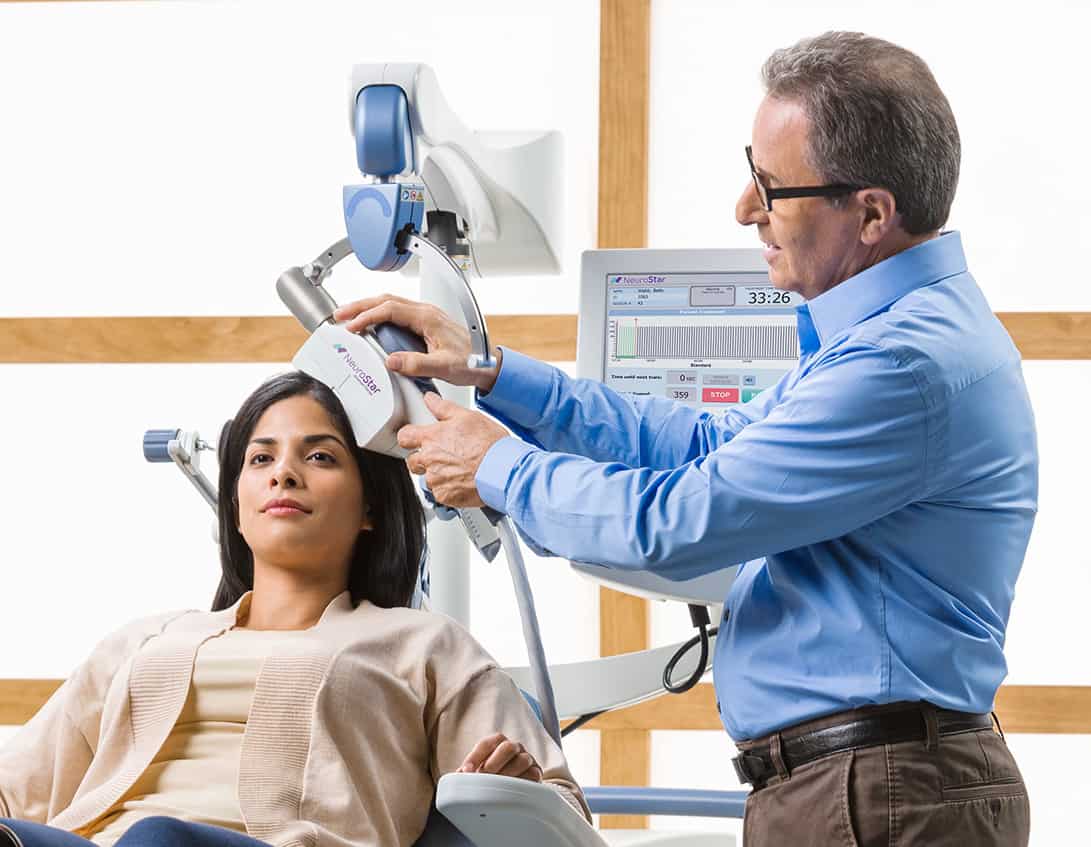
If you have tried at least one antidepressant drug without improving your depression, then it may be time to discuss with your provider about receiving transcranial magnetic stimulation. This process uses electric currents to stimulate the front cortex of the brain responsible for your emotions. These changes occur because the neurons in the brain change how they behave following treatment.
How Is Transcranial Magnetic Stimulation Performed?
Typically, transcranial magnetic stimulation (TMS) occurs while the patient is seated comfortably in a chair and awake. An electrical probe is attached to the front left of the patient’s head. The current from TMS is about the same strength as received during an MRI, so it does not hurt a bit.
Unknowns About TMS?
The first TMSs therapy was done by Anthony Barker and colleagues in England in 1985. Yet, there are still many unknowns. In clinical trials at the University of California Davis in 2009, and the Federal Drug Administration approved the treatment at the beginning of 2012. There are still some questions to be resolved, including if the therapy works best with or without medication. Many patients who have previously not been helped through medication are finding TMS therapy helps them immensely.
What Are The Side Effects of Transcranial Magnetic Stimulation?
Generally, there are no side effects of TMS therapy. Some people feel a little lightheaded during or following the treatment, and others experience minor scalp irritation. In most cases, you can continue to take your current medications when receiving TMS therapy.
Does Transcranial Magnetic Stimulation Help Everyone?
While most people receiving TMS therapy see positive effects from the treatment, there are a few that it does not help. In patients with underlying bipolar and anxiety, TMS may overstimulate the brain leading to insomnia, panic attacks, or worsening anxiety.
How Long Does TMS Therapy Help?
In a study at the University of North Carolina, about 50% of patients reported that they felt like TMS was still positively affecting their lives after one year. Yet, those who receive this treatment need to follow up with their medical team so that they can be monitored for any problems.
Are you ready to discuss if TMS therapy is right for you? Contact American Behavioral Clinics here today to discuss this and other treatment options for depression.
Learn more about TMS Therapy in Greater Milwaukee Here.
Existing Patients and New Patients, Call us to schedule an appointment, get a prescription refill or just to ask a question:
New Patients ONLY - Want to contact us through a form? CLICK HERE to fill out our contact form.





